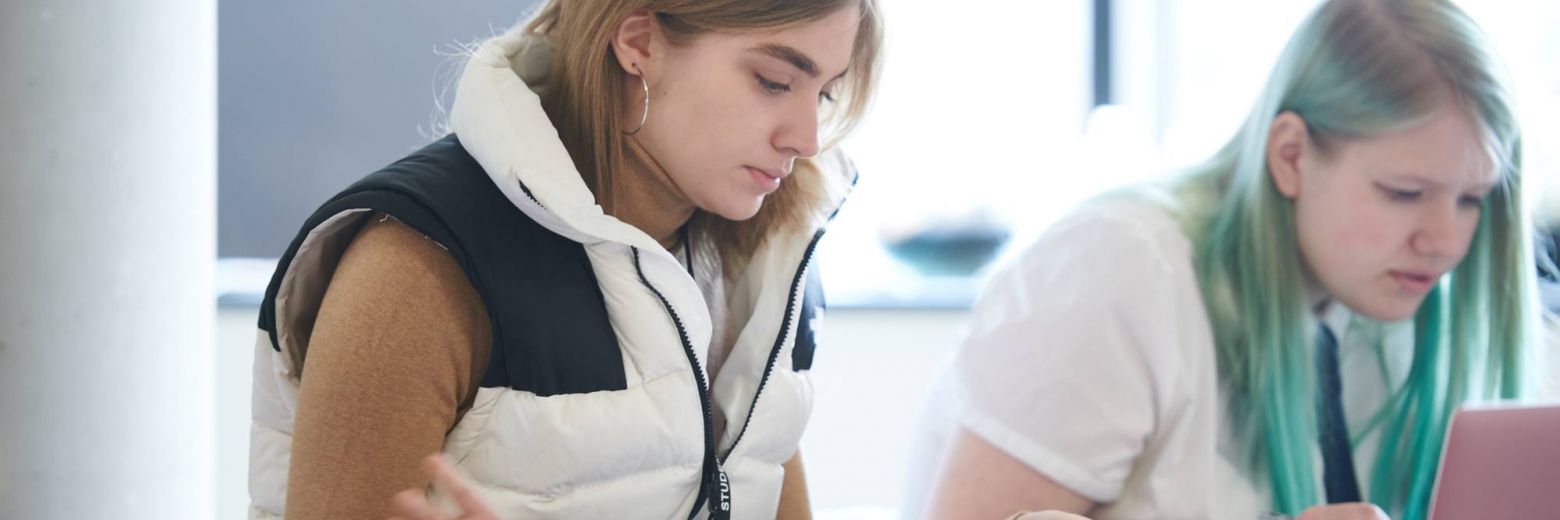PHOTOGRAPHY
In A Level Photography, students learn the techniques and processes within the language of photography and how to read and analyse their images.
WHAT IS PHOTOGRAPHY?
Photography is the appreciation and production of Digital and Polaroid images reflecting personal viewpoints, passions and interests.
This involves developing knowledge, ideas and concepts plus a wide range of skills, including visual analysis, problem solving, methodical planning, written and visual communication, aesthetics and creative awareness.
Photography includes the use of various cameras, lenses, studio lighting, locations, photographic styling and computer suite facilities.
This short video gives you an overview of Art & Design at DLD College London, including Photography.
To find out more about our outstanding Art Department, view our dedicated web page here.
WHAT IS PHOTOGRAPHY AT DLD?
A Level Photography is a rigorous and thorough taught course. Students learn the “language” of photography, how to “read” and analyse their images, including the techniques, processes and skills.
This is a structured course, enabling students to creatively respond the work of relevant inspirational artists. Passion, commitment, imagination, visual, written and verbal communication skills are essential prerequisites to succeed in A Level Photography.
Clarity of student’s intentions, conceptual understanding and sophisticated ideas are explored in depth throughout this course using a wide variety of photographic styles, skills and techniques.
Visiting art and photography galleries and museums are an essential stimulating part of this course and students must show in depth cultural awareness and connections in the development of their projects.
Students have access to the photography studio and classroom throughout the week.
HOW IS PHOTOGRAPHY AT DLD ASSESSED?
A Level Photography
| Weighting | Format | |
| Component 1 | 60% | Coursework (Personal Investigation) |
| Component 2 | 40% | Externally Set Assignment (15 Hour Exam) |
Exam Board: AQA
WHAT DO I NEED BEFORE PHOTOGRAPHY AT DLD?
A passion for visual and photographic communications, a DSLR camera is essential, as well as creativity, imagination, determination, curiosity, a good work ethic, enthusiasm and patience.
GOOD SUBJECT COMBINATIONS
Studying Photography is complementary to Art, and Media Studies because it involves analysing and responding to visual culture, society and contemporary issues. Many subjects are also complementary because Photography involves elements of English, History, Chemistry, Physics, Maths, Sociology and Psychology.
WHAT DO I DO AFTER DLD?
A high percentage of DLD Photography students progress to Art and Photography foundation courses and higher degrees in Photography and lens based media. Options after these courses within the Photographic industry include fashion, advertising, journalistic, media, location and studio photography. Wider ranging applications include media and design companies and the film and television industries.
QUESTIONS ON PHOTOGRAPHY COURSES
Q. Can I do the course in one year?
A. No.
Q. Do I need a camera?
A. Yes, 35 mm film camera and a DSLR Camera.
Q. Will I have to work outside of lesson time?
A. Yes, you should expect 5 hours of independent work per week at home and in the photography darkroom.
ENTRY REQUIREMENTS ON PHOTOGRAPHY FOR INTERNATIONAL STUDENTS
To study A Levels, your current or pending exam results should be equivalent to or higher than GCSE (General Certificate of Secondary Education) in at least 5 subjects and a minimum level of English equivalent to IELTS 5.5.
At the start of each academic year of study students following an A Level course without a pass at Level 5/Grade C in GCSE or IGCSE English Language or with an Academic English score below 6.5 overall must join an Academic English training course for the duration of the academic year which will be timetabled alongside A Level lessons.
If your level of English is not sufficient to meet the entry criteria for the A Level programme you will normally be offered a place on the one year Academic Preparation Course (pre A Level) in order to bring your English skills up to the required level.



